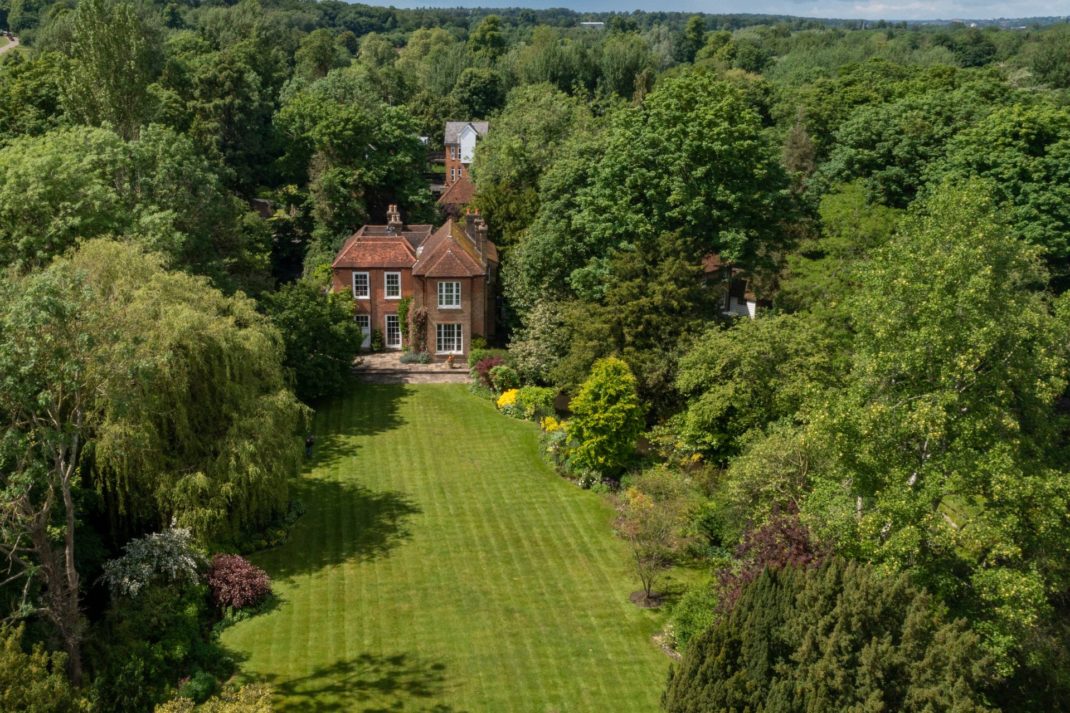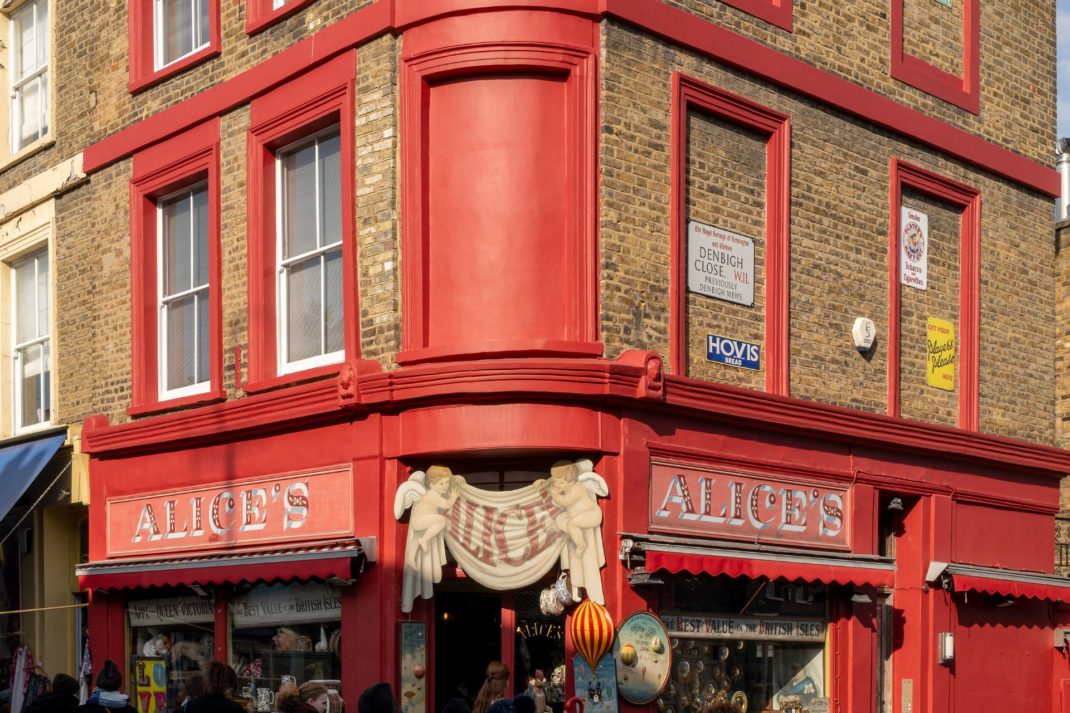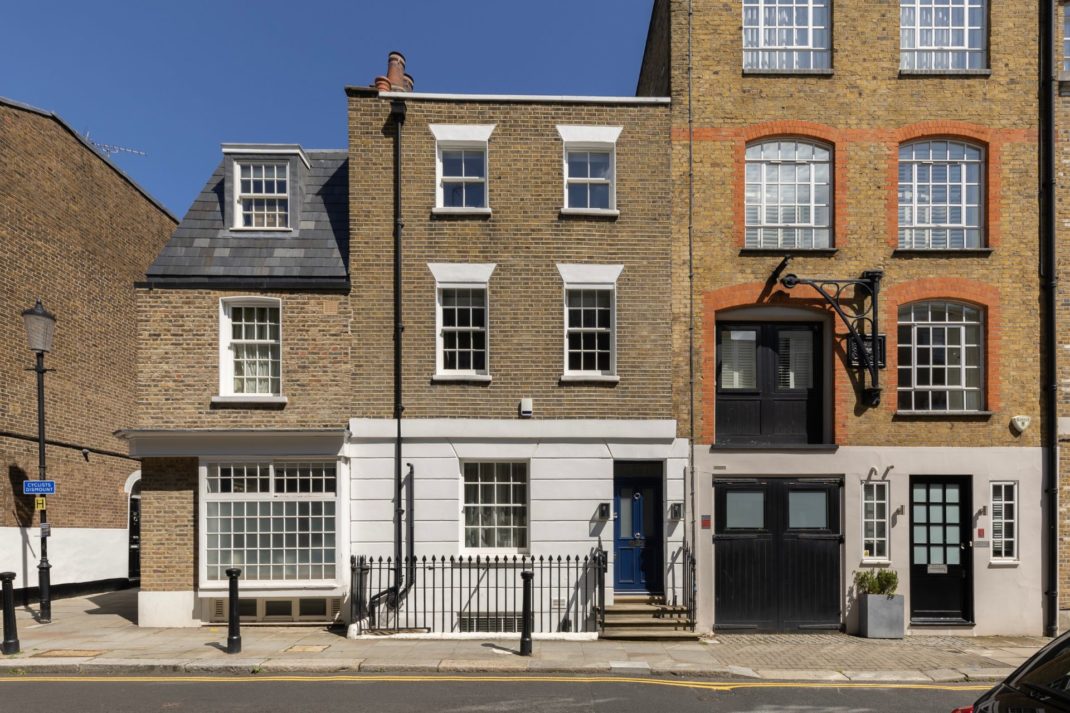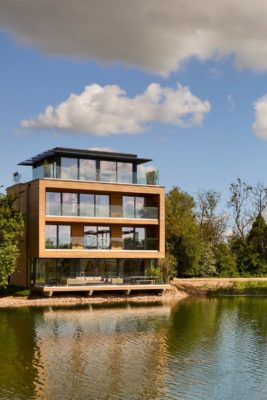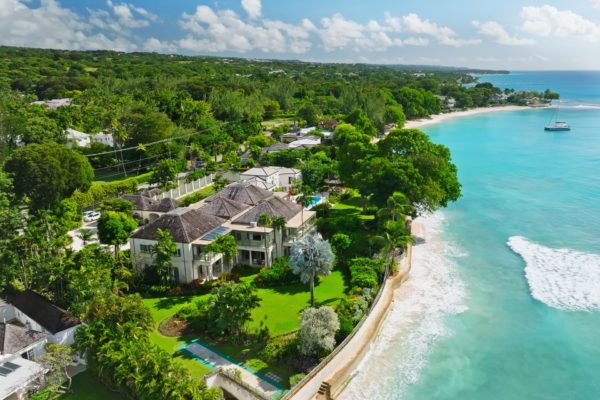Would You Make A Scandi Cabin Your Holiday Home?
By
9 months ago
The rundown on the latest property trend
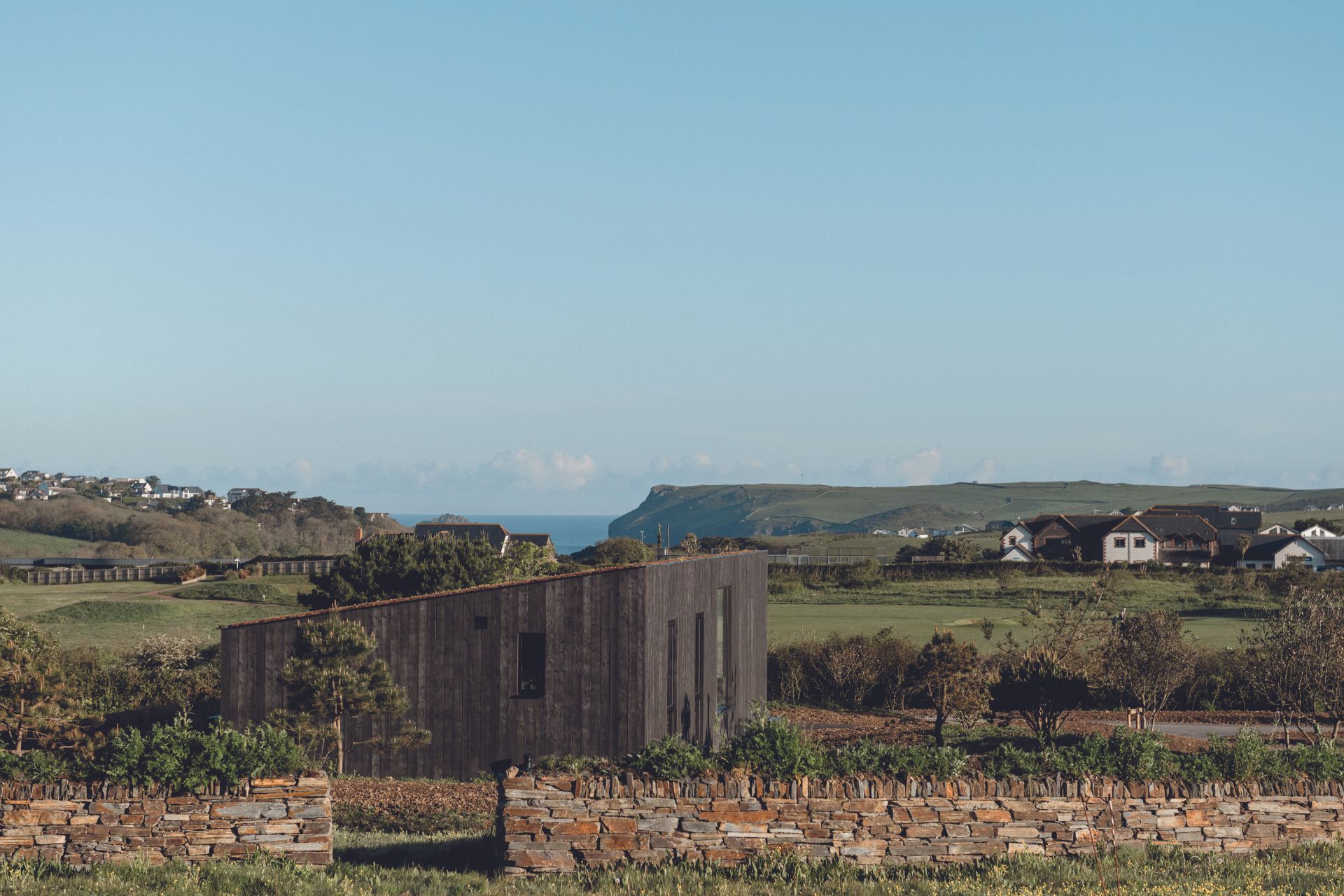
Anna Tyzack takes a look at the new trend for Scandi-inspired cabins as second homes.
Do Scandi-Inspired Cabins Make The Perfect Holiday Homes?
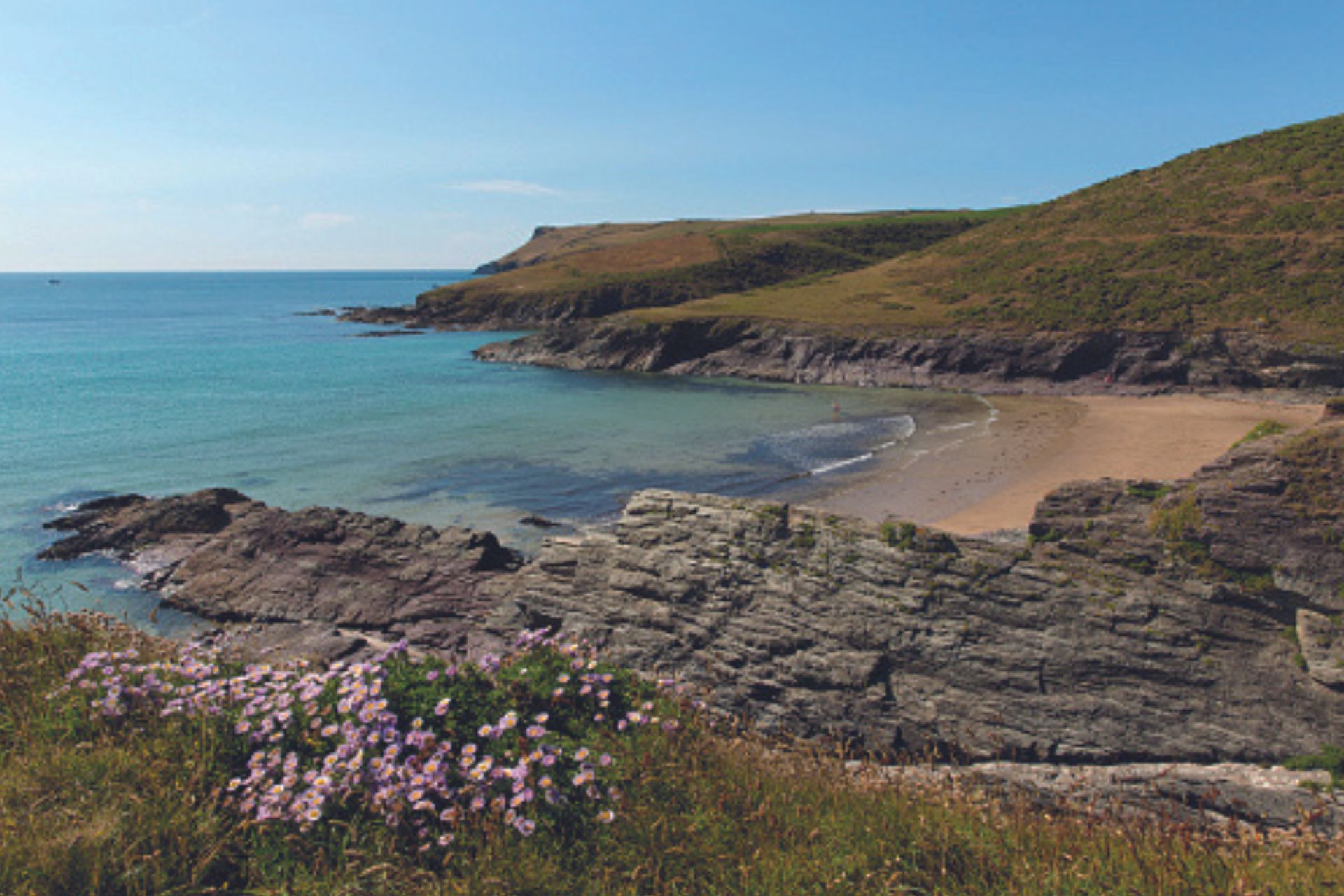
Getty Images
For a fix of sea air, golf and coastal walks, Darren Clare drives to his cabin above Polzeath in Cornwall. The timber-clad building has three double bedrooms and an open-plan living space with a wood burner and vast windows overlooking the sea. It’s more luxurious than many of the holiday cottages in the area and yet it is unashamedly a cabin; that’s what sold it to Darren, who lives in Bristol – along with the view from the window seat. ‘We don’t need anything more than this – it’s the perfect size,’ he says. ‘We looked at modern glass-fronted cottages in the area but a cabin is perfect when you already have a lovely family home.’
In Scandinavia, the cabin or hytte is the mainstay of second-home ownership – some people have two; one in the mountains and one by the sea. The concept is still in its infancy in Britain, but buyers such as Darren are drawn to the simplicity and ease of owning a lock-up- and-leave cabin that is low maintenance and in a prime location. His cabin at The Point, a small development of architect-designed cabins, is 15 minutes’ walk from Polzeath and has access to an 18-hole golf course, pool, padel courts, gym and restaurant. Eva Davies, who owns The Point with her husband, Jeremy, is Norwegian and the cabins were inspired by her childhood holidays in Scandinavia. ‘There you head to your log cabin in the sea or mountains to relax and spend time in nature, and I wanted to echo that here,’ she says. ‘You have space and privacy in your cabin and access to the coast, and it’s lower maintenance than owning a cottage or farmhouse. We’ll look after it for you, mowing the grass and even renting it out if you choose.’
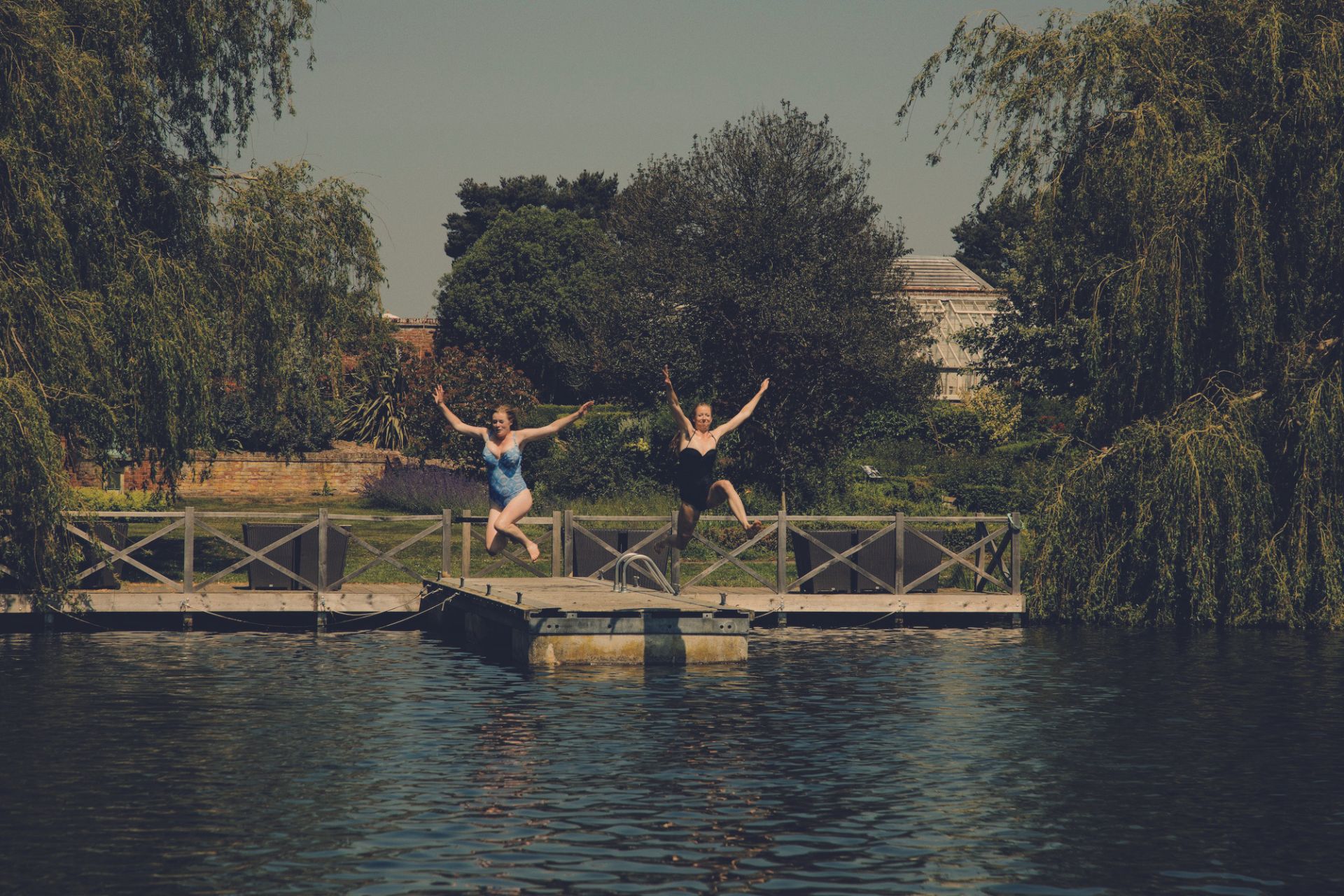
Fritton Lake
The luxury cabin concept has been successfully pioneered in Britain at Fritton Lake on the Somerleyton Estate in Norfolk; that’s now a chic second-home community of 100 cabins (with space for 30 more costing from £305,000) situated amid woods and meadows that are part of a rewilding project. Owners enjoy wild swimming and paddleboarding on the two-mile lake as well as trail running, yoga and facilities including a 22m heated pool, floating sauna, restaurant and adventure playground. The Guardian voted it one of the most tranquil locations in Britain.
The Point is a smaller community – the first phase is just 17 cabins with the option of planning for another 20 – but there is similar emphasis on immersion in nature. The cabins are within generous plots delineated by rugged planting and granite walls, and are designed by Koto, the same company that has created the less premium Scandi-style lodge option at Fritton Lake. ‘They’re flooded with natural light
with plenty of space for families to slow down, reconnect with nature and recharge,’ says Eva. The development launched quietly earlier this summer and already five cabins have sold with prices starting at £650,000. One was bought by a friend of Darren’s who visited his cabin and immediately wanted one for himself. Buyers, according to Davies, are attracted by the price – the homes are roughly half the price of a modern three-bedroom house in a similar position – but also the design of the cabins, which have a low impact on the surroundings with grass roofs, and are both carbon neutral and energy neutral. They also appreciate that, as designated second homes, they aren’t taking homes away from the community. ‘It was important to me that The Point is on side with the locals,’ Darren confirms. ‘I meet them on the golf course and in the bar, and they’re always really friendly. There’s no sense of being a grockle.’
While the cabins don’t resemble static caravans, they comply with the Mobile Home and Caravan Act, which means the properties are subject to consumer law rather than conveyancing law, enabling buyers to get hold of the keys almost immediately. ‘They can literally move in straight away; one guy put in an offer on Monday and was having a glass of wine with his mates in his cabin the following week,’ Eva says. Cabins are sold on a 90-year license, which can be extended at any time, and owners can use their cabin for up to 11 months a year or sublet it if they choose. They do not pay council tax or stamp duty but pay an annual ground rent of £8,000, which covers utility bills, ground maintenance, broadband and removal of waste and recycling. In addition, they have complimentary access to The Point Health Club as well as two full golf memberships.
There are risks involved with buying a property that classifies as a static caravan. As a licence holder, you are subject to the landowner; if The Point sold to a different owner, there is no guarantee that services on site will be to the same standard. It’s also difficult to get a mortgage as the purchase falls under consumer rather than conveyancing law. However, as Davies points out, the cabins are in one of Cornwall’s most popular areas, so there will always be a market for a country club such as The Point, and the cabins should be easy to sell on. They’ve also been designed to last 90 years, which is longer than many new build homes.
Darren, who is a CEO, discussed the possible pitfalls with the Davies’ before purchase, and is confident The Point is a valuable brand with a solid legacy. Indeed, the cabins, according to Eva, will help fund further investment into the golf course and club facilities. ‘Of course, there are no guarantees in life but Jeremy is a golfer who has spent a lot on the course and is creating a culture at the club,’ Darren says. ‘It feels like an old-fashioned seaside country club – there’s live music in the afternoons at the weekend and spectacular barbecues.’
Darren even plans to spend Christmas at his cabin, cosying up by the log burner and taking a dip in the sea on New Year’s Day. ‘It’s the best way to get rid of a hangover,’ he says. ‘I’ve just sold my business and plan to use my new home as much as possible.’

